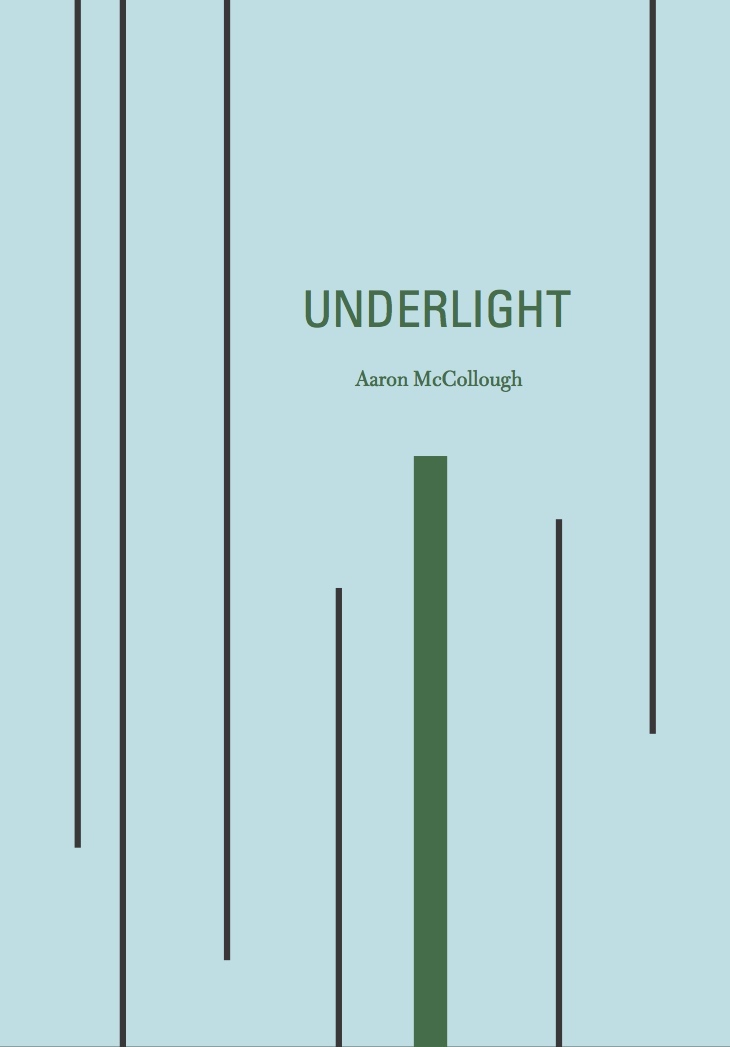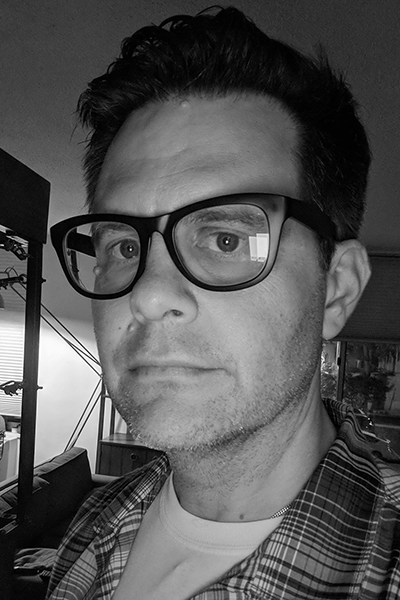Is there an objective world? One of the older, modern philosophical questions. Yes, well… yes and no, is my answer to that question and my poetry’s answer. Whatever objective world there may be, I have only limited access to it as it does to me. What is most real abides not in an independent, verifiable place outside myself nor somewhere hidden deep inside me; rather, what is most real grows in the meeting place. As the great but under-appreciated Spanish philosopher José Ortega y Gasset says: “absolute reality, as life, is at once immanent and transcendent… I am not my life. This, which is reality, is composed of myself and things. The things are not I, nor am I the things. We are mutually transcendent, but we are both immanent in that absolute coexistence which is life” (Some Lessons in Metaphysics, 158).
In my poems and in my poems’ engagement with things, I have tried to get at this “absolute reality.” What’s the right verb trying to do that? Document? Capture? There isn’t a good verb for it other than “live”; in my poems and in my poems’ engagement with things, I have tried to live this absolute reality. I’m not sure what success could really look like here, but the poem I’m sharing “Closed on Three Sides, Open on One” meets my basic intuitive requirements. It comes from my fourth book, Underlight, which I was writing from around 2008 to 2011, when my wife and I were living in the first home we ever owned, a 616-square-foot bungalow with serious foundation issues, on the edge of Ann Arbor, Michigan. At that time, I had not read Ortega, and so I wouldn’t have articulated things quite as I am doing right now — indeed, I would have articulated things as I did, as I did in this poem. Still, I was already trying to present, to live this poetic inter-relationship of myself to things, to the big thing of a house and the little things that make a house what it is (including the two frail bodies it shelters, their love and other emotions, the terrarium one is fostering, the fleeting notes of music they play, the one blended thing of their two bodies and two selves in “that absolute coexistence which is life”). Words break on this subject. Life comes out.





